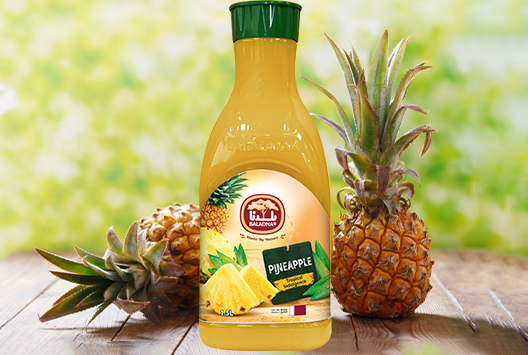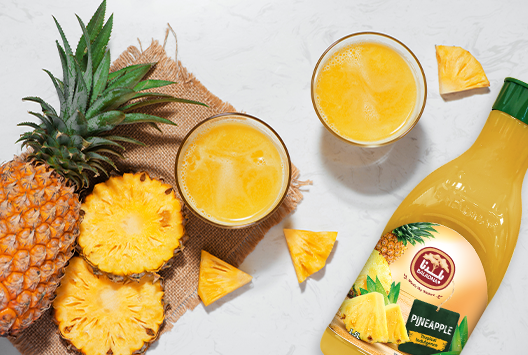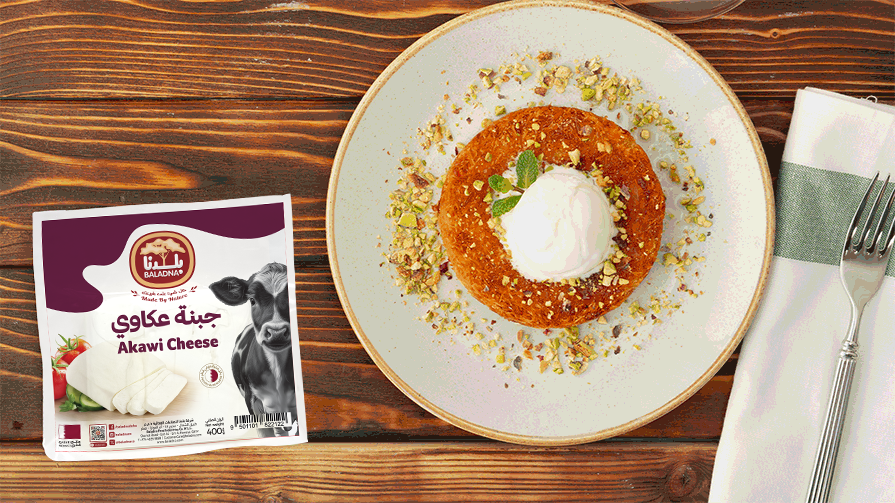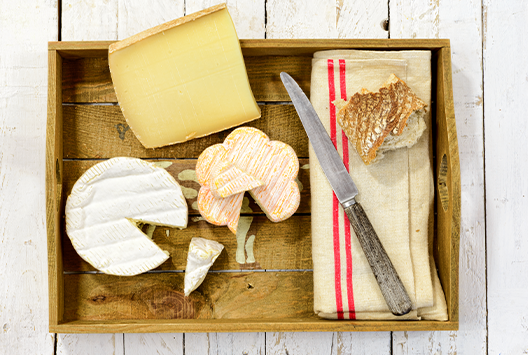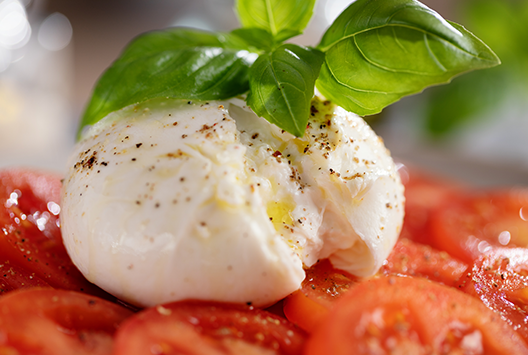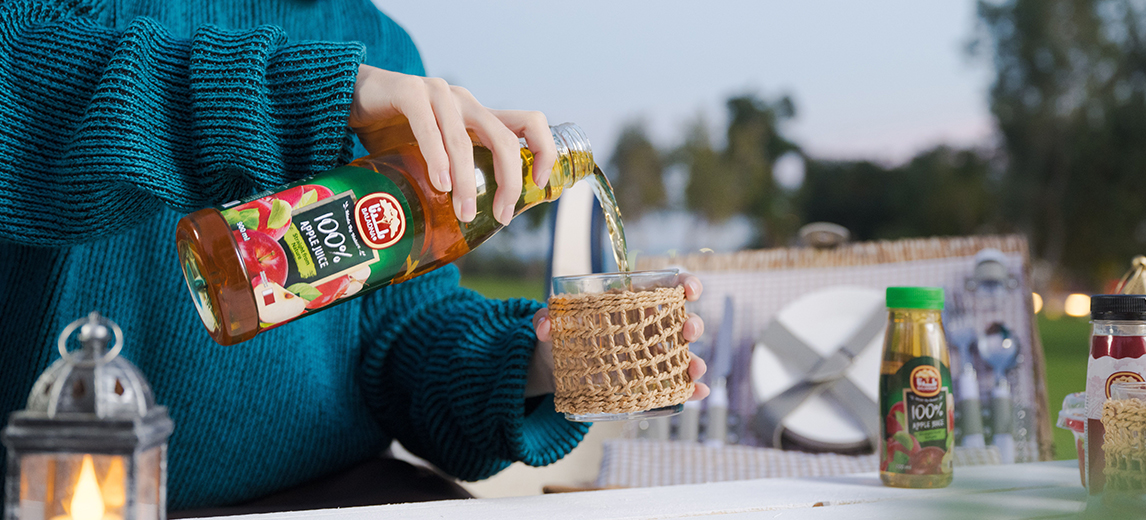
What Are The Benefits Of Drinking Chilled Juice?
When it comes to healthy eating, most people know that they should be incorporating fruits into their daily meal plans. However, what we don't realize is that drinking fruit juice, preferably Baladna chilled juice, is just as good for you as it provides a host of health benefits.
Whether you realize it or not, the foods you eat have a direct impact on your health. If you regularly eat processed foods and foods that are high in sugar, your body will be a bit sluggish and you will get tired easily. On the other hand, if you eat a diet that is rich in fresh fruits and vegetables, your body will be stronger and you’ll be more active and alert.
One of the best ways to ensure that you're getting plenty of fresh fruits and vegetables in your diet is to drink 100% natural Baladna juice on a regular basis. This will give your immune system the boost it needs to fight off infection and disease.
Why drink fruit juice?
What are the benefits you may expect when you drink chilled juice regularly? Let’s discuss them below.
Fruit juice is a great way to get your daily dose of vitamins and minerals.
The vitamins and minerals in fruit juice can help boost your immune system, improve your skin health, and increase your energy levels. Moreover, fruit juice is a good source of antioxidants, which can help protect your body from disease. Antioxidants help neutralize harmful toxins that can damage cells and lead to illness.
Fruit juice is good for people who are trying to cut down on their intake of processed sugars.
Baladna chilled juice is a great option as it’s a natural source of sugar. Sugar from fruit juice is absorbed more slowly by the body than other types of sugar, so it does not cause spikes in blood sugar levels that can occur after eating foods high in refined sugar.
Fruit juice can help you detoxify your body.
We're all exposed to toxins on a daily basis — from the food we eat to the air we breathe, and even the products we use on our skin. Over time, these toxins can build up in our bodies and can lead to health problems such as fatigue, headaches, and even weight gain.
One of the best ways to get rid of these toxins is by drinking chilled juice regularly. This gives your body a chance to rest and heal while also flushing out all of the built-up toxins.
Fruit juice is a great way to get your daily recommended intake of fruits and vegetables.
Many people struggle to eat the recommended amount of fruits and vegetables each day, but drinking fruit juice makes it easy to reach your goals. At Baladna, we have 200 ml and 1.5L bottles of chilled juice in these exciting flavors: mango alphonso, kiwi & lime nectar, lemon & ginger nectar, lemon & mint nectar, green apple nectar, peach nectar, pomegranate, fruit mix, orange, pineapple, tropical mix, apple, mixed berries, and guava blend.
When should you NOT drink fruit juice?
If you have diabetes, it is best to avoid drinking fruit juice.
Diabetes is a serious condition that requires careful management. It is a chronic disease that affects millions of people around the world. Though it can be managed with diet and lifestyle changes, if your blood sugar is not maintained at the right level, diabetes can lead to serious complications like heart disease, kidney disease, and blindness.
While sugary drinks, like fruit juice, may seem harmless for the average person, they can actually be extremely dangerous for diabetics. One of the main problems with fruit juice is that it's full of sugar. And for diabetics, too much sugar can be extremely dangerous. Even 100% fruit juices are not ideal as the fructose content of such beverages is still high.
A quick note on fruit juice and bloating
While regularly drinking chilled juice is good for you, note that going overboard can cause some unwanted side effects.
This is usually because some fruit juices are made from concentrated sources of fruit, which means they contain more fructose than if you were to eat the whole fruit. And as we all know, too much fructose can cause digestive issues like bloating.
Another reason why fruit juice might cause bloating is that it doesn't contain natural fiber. Unlike whole fruits, which are a good source of dietary fiber, some sweetened fruit juices lack this important nutrient. And as we all know, fiber helps keep your digestive system healthy and can help reduce bloating.
The good news is that Baladna’s fruit juices are 100% fresh and natural. They have no sugar additives, so you can be sure that every drink is packed with the right nutrients. Baladna’s chilled juices come in multiple flavors including orange, apple, pineapple, fruit mix, tropical mix, and pomegranate mix.
As you can see, there are plenty of good reasons to incorporate fruit juice into your diet! Not only is it an easy way to increase your intake of essential vitamins and minerals, but it can also boost your immune system. So, the next time you're looking for a healthy beverage option, reach for a Baladna chilled juice. Your body will definitely thank you for it!
Interested to know more about Baladna products? Visit our website or engage with us on Instagram!
